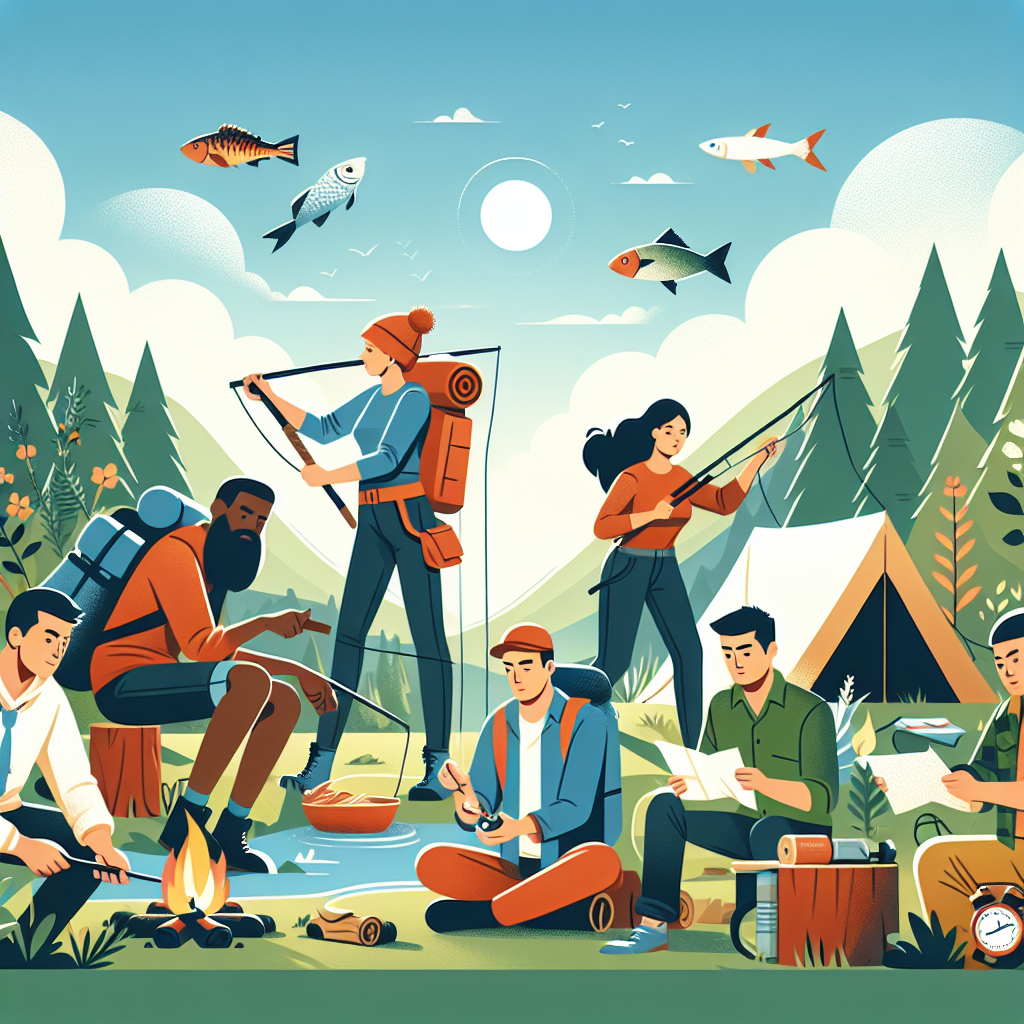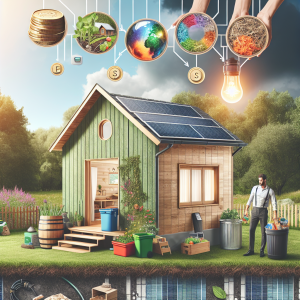In an age dominated by technology, convenience, and constant connectivity, the allure of survival skills might seem distant or even outdated. However, as the world faces increasing challenges—from natural disasters to economic instability—there is a compelling case for returning to basics and honing essential survival skills. Understanding how to survive in the wild, meet basic needs, and maintain a sense of self-sufficiency is not merely an exercise in nostalgia; it is a vital toolkit for navigating modern uncertainties.
The Resurgence of Interest in Survival Skills
Over the past decade, there has been a notable resurgence of interest in survival skills. Television shows, online tutorials, and outdoor workshops are attracting a broad audience eager to learn everything from fire-starting techniques to foraging for edible plants. This renewed fascination is not only rooted in adventure; it reflects a growing awareness that traditional skills can provide invaluable knowledge in an unpredictable world.
The Impact of Climate Change and Natural Disasters
Climate change is a reality that cannot be ignored. With increasing frequency, communities around the globe are experiencing extreme weather events—hurricanes, wildfires, floods, and droughts. As these natural disasters become more prevalent, understanding basic survival skills becomes crucial. Knowing how to create a safe shelter, purify water, identify edible plants, and navigate the wilderness can make the difference between life and death during a survival situation.
Economic Uncertainty and Self-Sufficiency
Economic instability can disrupt daily life in profound ways. The realities of job loss, inflation, and supply chain issues may compel individuals and families to adopt more self-sufficient lifestyles. Skills such as gardening, food preservation, and resourcefulness become not just useful but essential. Learning to grow your own food, preserve seasonal produce, and craft homemade remedies equips individuals to weather economic challenges more effectively.
Building Resilience and Confidence
Furthermore, engaging with survival skills fosters a sense of resilience and confidence. In learning to navigate the outdoors, individuals develop problem-solving skills and adaptability—traits that are transferrable to challenges encountered in everyday life. The ability to remain calm in stressful situations, think on your feet, and seek solutions empowers individuals, ultimately enhancing their mental and emotional well-being.
Enhancing Community and Connection
Survival skills also encourage community building. Taking workshops or participating in outdoor activities with others fosters connections and shared experiences. Communities that prioritize skill-sharing and collaboration are better equipped to support one another during crises, be it a natural disaster or a community-wide challenge. In this regard, survival skills are not just about individual preparedness; they promote a collective resilience that strengthens social bonds.
Essential Survival Skills to Learn
-
- Firecraft: Knowing how to build and maintain a fire is fundamental for warmth, cooking, and signaling for help. Learning different methods, including friction-based techniques and using modern tools, is essential.
- Firecraft: Knowing how to build and maintain a fire is fundamental for warmth, cooking, and signaling for help. Learning different methods, including friction-based techniques and using modern tools, is essential.
-
- Shelter Building: Understanding how to construct various forms of shelter can provide protection from the elements. Skills may include identifying suitable locations and materials in nature.
- Shelter Building: Understanding how to construct various forms of shelter can provide protection from the elements. Skills may include identifying suitable locations and materials in nature.
-
- Water Purification: Accessing safe drinking water is critical. Techniques like boiling, filtering, and solar disinfection can ensure hydration in the wild.
- Water Purification: Accessing safe drinking water is critical. Techniques like boiling, filtering, and solar disinfection can ensure hydration in the wild.
-
- Foraging and Food Preservation: Identifying edible plants and fungi can supplement food supplies. Learning to dehydrate or can produce can help sustain individuals during shortages.
- Foraging and Food Preservation: Identifying edible plants and fungi can supplement food supplies. Learning to dehydrate or can produce can help sustain individuals during shortages.
-
- Navigation: Mastering traditional navigation techniques, such as reading a map and using a compass, complements modern GPS skills, offering alternatives when technology fails.
- Navigation: Mastering traditional navigation techniques, such as reading a map and using a compass, complements modern GPS skills, offering alternatives when technology fails.
-
- First Aid: Basic first-aid training can be lifesaving. Knowledge of common injuries, how to treat them, and when to seek help is a power tool for anyone, especially in remote settings.
Conclusion
In a world where technological advancements often define our daily lives, the resurgence of interest in survival skills serves as a reminder that simplicity has its place. The ability to navigate challenges—be they environmental, economic, or personal—is rooted in timeless skills that connect us to the earth and our innate capabilities. As we embrace these essential skills, we not only prepare ourselves for uncertainty but also foster resilience, community, and a deeper understanding of our place in the world. As we venture back to the basics, let us equip ourselves for whatever challenges lie ahead.



